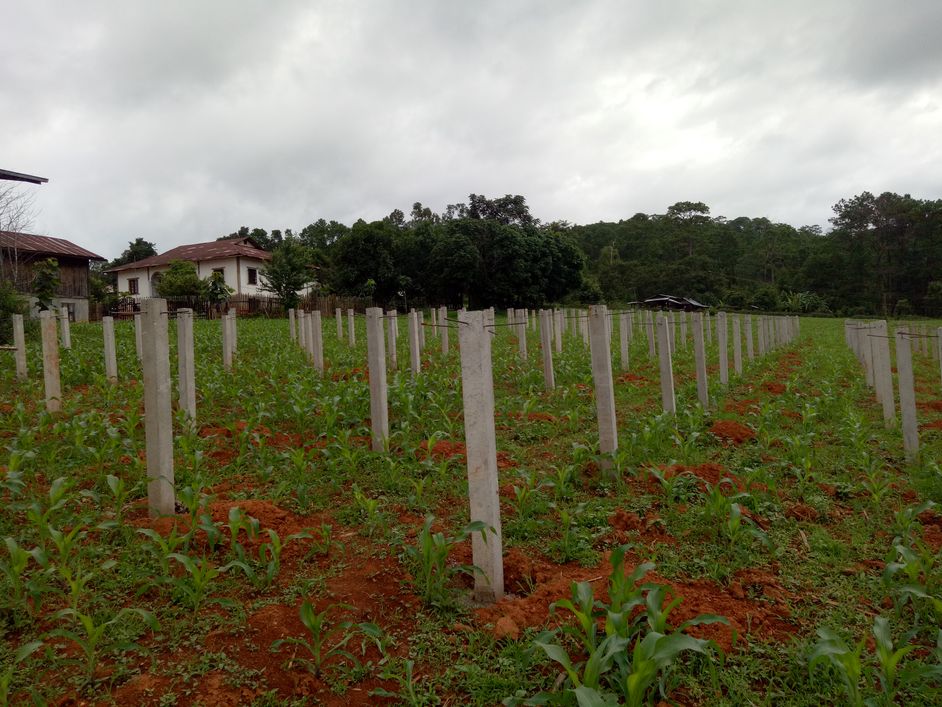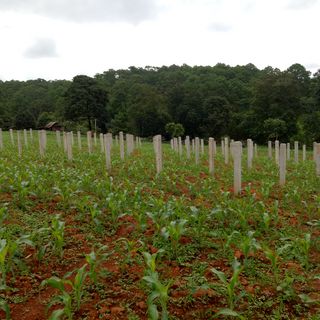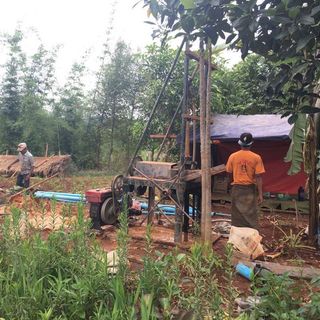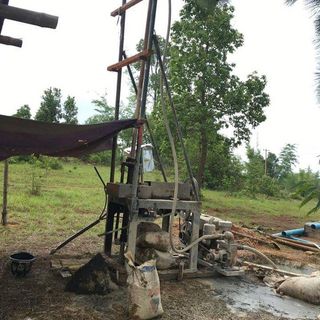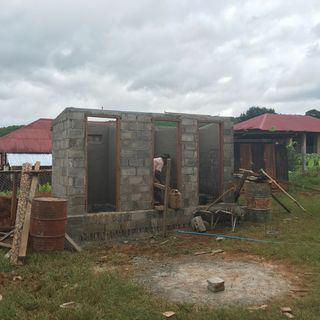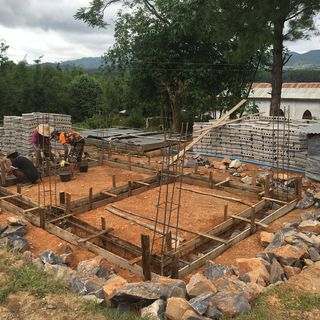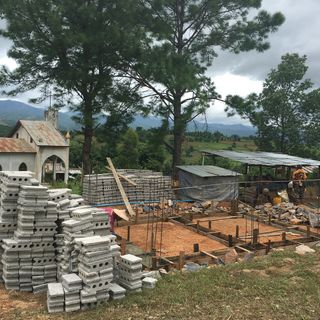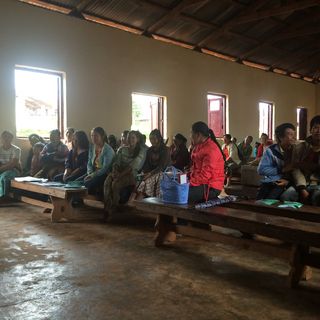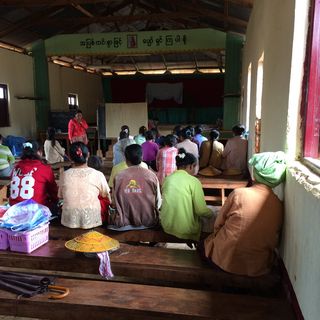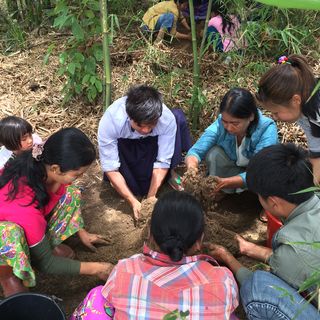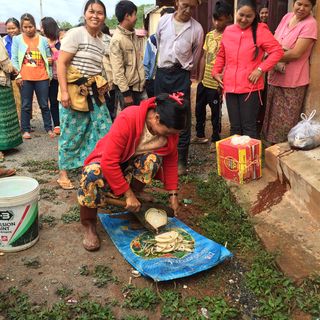2016 - Events in Loilem
There is progress in the leper village of Loilem.
Late in 2015 a group from St. Lazarus Fonds Europe visited the leper colony in Loilem, Myanmar. The Fonds had previously agreed on support measures, but wanted to see the colony for themselves and get a better idea of the situation. The result was a resolution that the St. Lazarus-Fonds Europe would support the colony and attempt to provide assistance. The aim is not just to distribute gifts, but provide help which would give the inhabitants a long term perspective for independence and hope for the future. There is a package of measures, encompassing health, comfort, education, and agricultural projects, which together should set the colony on the road to self-sufficiency. At some time in the future the colony should be independent of charity and external guidance.
Since the visit the program has gotten off the ground. The first signs of progress can be clearly seen, and the residents can see and experience the first fruits of the work. Longer term, the real advantages should come from education and agriculture.
One of these projects is to have three new artesian wells. Prior to these wells water was brought in buckets from a local stream. To date wells have been drilled in two villages, while attempts to drill a third have so far run into difficulties due to a lack of water in the right locations. The second and most recent well is situated in one of the higher locations in the village. Pipes have been laid – over ground, because due to bedrock they cannot be easily buried – and connect the houses. Each house has its own water tank from which water can be taken for daily use. This project alone has certainly contributed to an improvement in overall living standards.
Another “living standard” project is the construction of a toilet and shower house.
A kindergarten with a separate toilet house is under construction.
There are about 80 children in the villages between the ages of 5 and 10. Each will receive a kind of scholarship which pays for basic clothing, school supplies, and education. This is roughly the equivalent of a primary school.
One of the main long term projects is to establish agricultural production, and to ensure that the local inhabitants receive the instruction required to run the farm. Some of the produce is intended for consumption by the residents, but there should be enough remaining to market locally. To date the colony has relied on charity for food from local church authorities. Food production and sales has obvious economic advantages, but the effect on resident's morale should be equally important. Successful production could really inspire hope in the colony.
Fields will be tilled and crops such as avocado, mango, and dragon fruit will be planted.
Goats and pigs will be purchased and raised, and new pens will be built to hold them.
A local area of low ground/swamp will be deepened to make a pond, and this will be stocked with fish. It is anticipated that the catch will be greater than local needs, so fish can be sold.
Courses have been held to teach the villagers about the crops and how to market them. Last summer two instructors held an agricultural workshop. 55 villagers attended. Ultimately the villagers will be running their own agricultural business.
